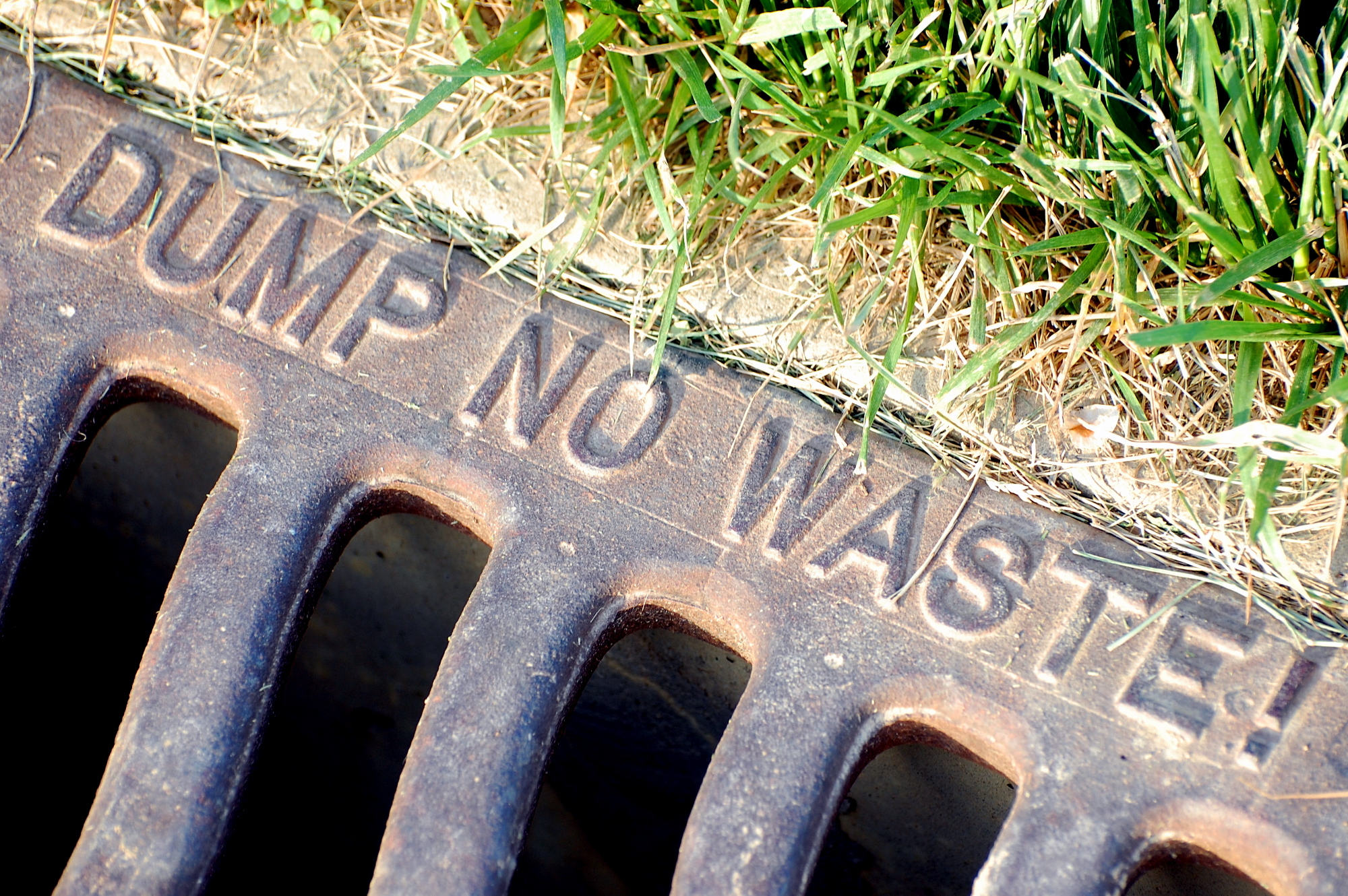We’re very pleased to announce that the Silva Cell has been approved by North Carolina’s Department of Environmental Quality for use as a credited nutrient removing stormwater control measure (SCM). The Silva Cell is actually the first applicant to be approved by NC DEQ under the New Stormwater Technology (NEST) Program.
As the celebration begins for the approved use of Silva Cells in North Carolina, let’s explore how Silva Cell became an approved SCM, what exactly it means to be an approved SCM in North Carolina, and what engineers and designers need to know going forward.
First, you might be asking: I thought that Silva Cells were already being installed in North Carolina? Does this mean that Silva Cells were not approved before? These are great questions.
Administrative code in North Carolina allows state, local, or other permitted stormwater programs to approve the use and installation of new stormwater technologies on a case-by-case basis if it can be shown that the project provides equal or better stormwater treatment than standards given by NC DEQ. This rule is what has allowed Silva Cells to be installed in North Carolina as part of new development and as retrofits. Each time an engineer or designer wanted to use the Silva Cell, they have had get approval through the proper channels.
That case-by-case approval is no longer needed now that Silva Cell has been approved by NC DEQ following a long process of verification and vetting via the NEST Program. Silva Cell now has a “blanket” approval for usage throughout North Carolina.
How did the Silva Cell get approved via the NEST Program? To make a long story short, the Silva Cell’s performance was independently tested at two field sites in North Carolina, standard procedures for the design, construction, and materials needed were provided for the Silva Cell, and the product went through a thorough vetting process involving the review of other Silva Cell studies, quality assurance plans, maintenance plans, life cycle analyses, and other technical resources.
To demonstrate the thoroughness of the NEST Program for those interested, the following are the requirements just for each of the monitoring studies needed for approval:
- Monitor for at least 15 storm events over the course of a year, including at least three storm events for each season.
- Full storm hydrograph flow-weighted composite sampling of both runoff into the Silva Cell and outflow leaving the Silva Cell.
- Median total suspended solids (TSS) concentrations in the runoff entering the Silva Cell must fall in a range between 50-100 mg/L.
- Samples taken for each storm event must represent at least 70% of the runoff volume from the hydrograph of their respective storms.
- Water samples must be tested for TSS, Total Kjeldahl Nitrogen (TKN), nitrate, and total phosphorus (TP). In addition, runoff volume into and out of the Silva Cell had to be reported so pollutant loads could be calculated.
- Lastly, all sampling, laboratory analysis, data interpretation, and reporting must be done by a certified independent third party.
As you can see, the NEST Program follows strict guidelines as NC DEQ only wants to approve SCMs that are proven to work in North Carolina. For anyone interested in reviewing the NEST Program requirements in more detail, you can read the full Guidance for New Stormwater Technologies document here.
So, what does it mean for Silva Cell to be approved for use in North Carolina and what do engineers and designers need to do to be able to use Silva Cell as part of stormwater management plans and permitting for new development?
Acceptance as a NEST approved SCM means the following for Silva Cell:
- Silva Cell has been given a blanket approval to be used as a permitted SCM in North Carolina.
- Engineers and designers no longer need to seek approval to use Silva Cell. Effective immediately, Silva Cells can be used just the same as a normal bioretention cell, stormwater wetland, wet pond, or other primary SCM.
- Silva Cell has been given a dedicated chapter in the State of NC Stormwater Design Manual.
- Engineers and designers can use the minimum design criteria listed in this guidance to properly design and implement the Silva Cell.
- Silva Cell has been assigned credits for nitrogen and phosphorus removal for usage in nutrient sensitive watersheds across North Carolina. The nutrient removal rates assigned to the Silva Cell system are identical to those given to standard bioretention when the Silva Cell is designed per the minimum design criteria (MDC).
- Engineers and designers can refer to the North Carolina Stormwater Control Measure Credit Document for information on how to apply the nutrient removal credits for Silva Cell.
- Total Phosphorus (TP): Silva Cells are assigned an event mean concentration (EMC) of 0.12 mg/L for effluent.
- Total Nitrogen (TN):Silva Cells designed per MDC with an internal water storage (IWS) zone are assigned an effluent TN EMC of 0.58 mg/L. Silva Cells designed per MDC without an IWS are assigned an effluent TN EMC of 1.20 mg/L.
The inclusion of Silva Cell as a NEST Program approved SCM in North Carolina is a major achievement. It’s acceptance following the stringent vetting process of the NEST Program application is a testament to the performance ability of Silva Cell and a signal to engineers and designers across North Carolina that Silva Cell should be included in their SCM arsenal for current and future stormwater projects.
Jonathan Page is an Engineer at North Carolina State University where he specializes in water resources engineering and ecological restoration.






This is a great initiative to control the damaging runoff that infiltrates the watersheds and happy to see that it has passed inspection. Living in South Carolina, our water basins are interconnected. Whatever goes into the watersheds in NC directly affects SC. I hope this will prompt SC officials to follow suit.